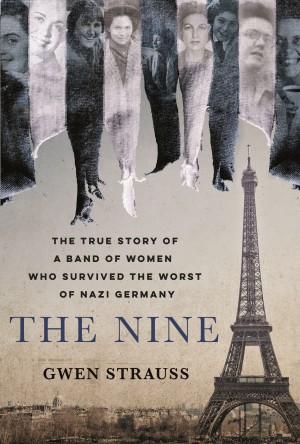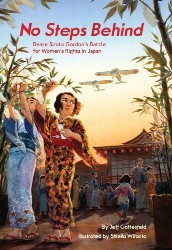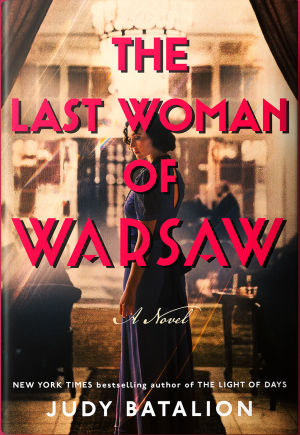The book Her Story, My Story? Writing about Women and the Holocaust, is composed of 27 biographical-academic essays written by prominent women scholars worldwide. All have devoted a significant part of their professional lives to writing about aspects of Jewish women’s experiences during the Holocaust. We believe that this choice was not random, and in many cases was rooted in the personal history and professional experiences of each scholar which later affected the fruits of her scholarship.
Each essay charts that scholar’s journey towards working on the topic and her experiences while conducting her research. Scholars discuss issues relating to identity, personal choices, religious, political and cultural affiliations and their connection to the focus of their research.




